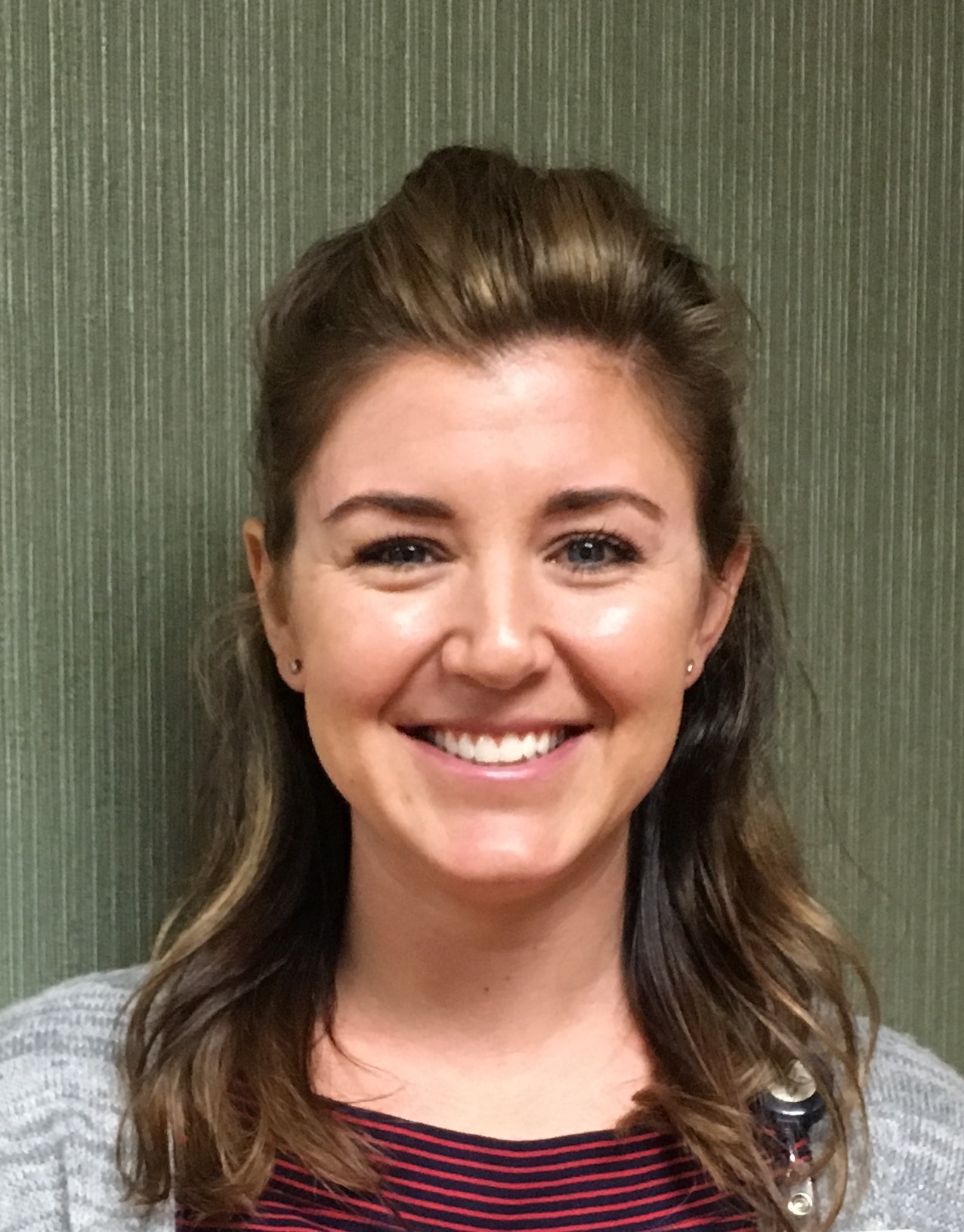A healthy diet is one of the vital components of managing diabetes, and Knox Community Hospital has a program designed to help educate patients about how to eat healthier.
"The hospital offers classes on diabetes self-management and education," Natalie Brenneman, a registered dietician and diabetes educator at the hospital, told the Mount Vernon News.
"We meet with patients, and we have six different courses that they are able to sign up for," she said. "They can pick and choose based on what their goals are and which classes pertain to those goals."
The hospital also offers free support groups for patients with diabetes. The monthly support group meetings will start meeting in January, said Brenneman. Topics will include managing stress, eating out and a grocery shopping tour for diabetics.
One of the challenges of diabetes is sifting through all the information on the condition, said Brenneman.
"People aren't sure what's true, what's false, what the reliable sources are," she said. "A lot of people who come to me have been following advice that may not actually be true."
Carbohydrates affect the blood sugar the most out of all food groups, Brenneman said.
"Those include bread, rice, crackers, pasta," she said. "It's also fruit juice, dried fruit and canned fruit and dairy products such as milk and yogurt. We don't want to completely remove these foods but just eat them in controlled, consistent amounts throughout the day."
Foods that do not affect blood sugar include eggs, cottage cheese, chicken, beef, peanut butter and non-starchy vegetables.
"A lot of people will leave our office with a sigh of relief when they realize they don't have to give up the foods they have grown up enjoying," Brenneman said. "It's more about how you can tweak your meals so that you can still enjoy them, you can still go to events and parties, and just include other food groups in the mix."
For dessert, sugar-free products may not be carb free, the nutritionist said.
"I typically recommend just eating the regular product and limiting the portion size," she said. "We do go over label-reading in our classes. There's so much marketing on the front of the package. Always flip over to that nutrition label and keep an eye on what the serving size is and the amount of carbohydrates in that product."
Eating a healthy diet, regular exercise and losing weight can help patients avoid diabetes, she said.
Regular checkups can also help by spotting pre-diabetes early before it has developed into full diabetes, Brenneman said.
"We can, through some diet and lifestyle changes, prevent the diagnosis of diabetes.”







